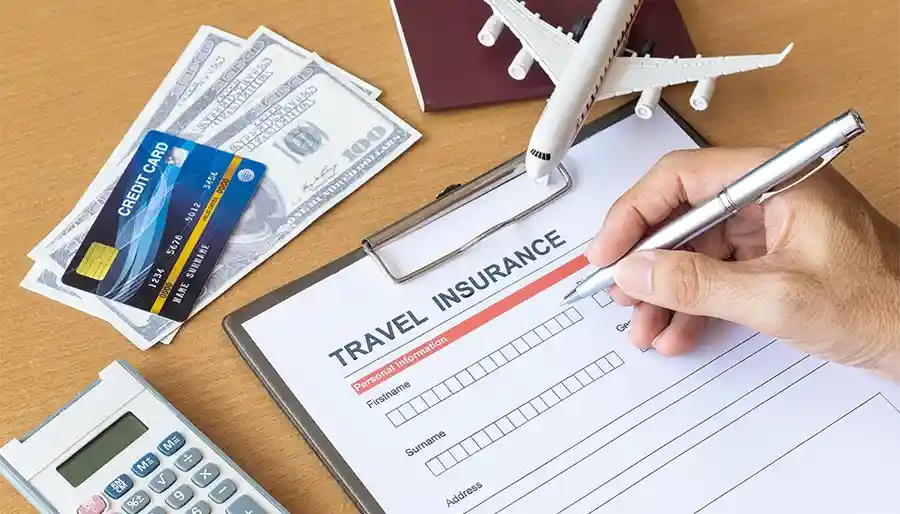The importance of guest experiences for hotels cannot be overstated. A comfy bed and free breakfast are no longer enough to make guests happy. They seek unique trips that cause them to buzz on their social media. From arrival to check-out – each moment should make a memorable experience.
According to Expedia, 72% of tourists pay attention to reviews over rates. But a sobering statistic reveals that a mere 1 in 26 guests takes the time to leave feedback!
So how to change this situation? Hoteliers relentlessly pursue seamless customer experiences and try to exceed their expectations. Technology can be your powerful ally in this quest. COAX understands the growing demands of the travel industry and tries to cut into the baseline of what customer experiences are about these days, what the trends are, and how to rock them.
Knowing your customers is the first step to making them satisfied. For Gen Z and Millennials, 78% opt for experiences over souvenirs in their travel spending. How can you tap into the very heart of what your customers want? By following and embracing emerging trends, you can make your offerings more attractive to them.
Trends shaping the travel industry in 2024
So what exactly are today’s guests looking for? There are three major travel trends that you cannot ignore:
- Smart experiences are a must for your guests’ expectations. Seamless accessibility and flexibility are the best ways to boost their satisfaction throughout each touchpoint. Here is some proof:
- 70% book holidays with their smartphones
- 72% of mobile bookings happen within 2 days of Googling
- 76% get frustrated with a lack of personalization
- Sustainable and culture-preserving trips are gaining popularity. With climate change and a growing carbon footprint, travelers care for their contribution. What are the results?
- 69% want wellness getaways, cultural tours, and outdoor adventures
- 81% prefer eco-friendly, sustainable travel options
- 57% feel better about certified sustainable accommodations
- Blending business and leisure, known as “bleisure” or “workation,” gained traction with the rise of digital nomadism, as more people work remotely and combine it with traveling. Here are some numbers:
- 89% of travelers plan to merge their vacations with professional obligations
- 41% are staying longer to add some relaxation time to their work trips
- 79% of business travelers ask for business trips more often if they can add leisure time
How to measure your guests’ satisfaction?
Providing guest satisfaction is pivotal for hotel success for several reasons:
- It drives return visits and steady revenue streams
- Happy guests become unpaid brand ambassadors through recommendations and online reviews
- Satisfied guests spend more on extras like dining, spas, and room upgrades
- It gives hotels a clear competitive edge rooted in exceptional service
How can you measure it? There are some ways and metrics that hint you on what’s great and what’s to improve:
- The Net Promoter Score (NPS) survey is most common — guests just rank the likelihood of recommending the hotel on a 0-10 scale. Those scoring 9-10 are “Promoters”, 7-8 are “Passives”, and 0-6 are “Detractors.” The NPS is calculated by subtracting the % of Detractors from Promoters.
- Surveys/feedback forms allow guests to provide detailed feedback about specific aspects in their own words, giving rich qualitative data.
- The average length of stays can serve as an indicator, as satisfied guests tend to extend their visit or rebook for future trips.
- Occupancy rates tracked over time show the overall demand, which can reflect guest satisfaction levels through repeat visits and word-of-mouth recommendations from others.
Technology is your best friend in crafting guest experiences
Embracing technology has proven crucial in crafting exceptional guest experiences.
93% of hotel owners reported improved efficiency and 89% of on-property staff also had great perks from its implementation. The allure of technology extends beyond the initial stay. Most impressively, hotels are 60-70% likelier to resell to an existing guest versus just 5-20% for a new one.
By 2025, 70% of hotel guest interactions will be handled by automation. Technology streamlines processes and elevates convenience for both guests and staff. Here are some ways to enhance guest experiences with technology:
- Online booking and mobile check-in enhance convenience by saving time at the front desk and allowing room selection and upgrades from their devices. Mobile check-in may also provide keyless entry capabilities using a digital room key.
- Voice controls allow you to easily manage room functions like temperature, closing drapes, turning on/off lights, setting alarm clocks, and making requests to the front desk.
- RFID wristbands allow guests to make purchases by simply tapping their wristband, which is convenient for leisure at pools, beaches, or anywhere without pockets or wallets.
65% of hoteliers say adopting technologies is challenging. COAX has proven expertise in building seamless strategies for adopting and implementing new technologies into operations and offerings.
By defining guest needs, identifying problems, and exploring solutions with us, hotels can seamlessly integrate technology to boost revenue and foster repeat visits.
World-famous hotels improve experiences with technology
Hotel chains have already made big tech moves, setting hospitality benchmarks:
- Hilton’s multi-featured Central Reservation System (CRS), lauded with the “Best Hotel App” award, seamlessly integrates digital keys and personalized messaging.
- Marriott International’s AI chatbot, ChatBotlr, revolutionizes guest communication, providing fast and personalized support and service.
- Best Western Hotels & Resorts property immersion through 360-degree videos with narration and VR inside look at their rooms and amenities.
- Wynn Las Vegas pioneered voice-controlled in-room technology to control everything but the kitchen sink via Alexa’s Echo system.
- IHG Hotels & Resorts’ Google Cloud collaboration on an AI-powered travel planning tool to help people plan their trips on the go.
The future belongs to hotels delivering smart, sustainable, customized guest journeys through thoughtful travel technology integration. Doing so elevates service, streamlines operations, and fosters valuable repeat business.





